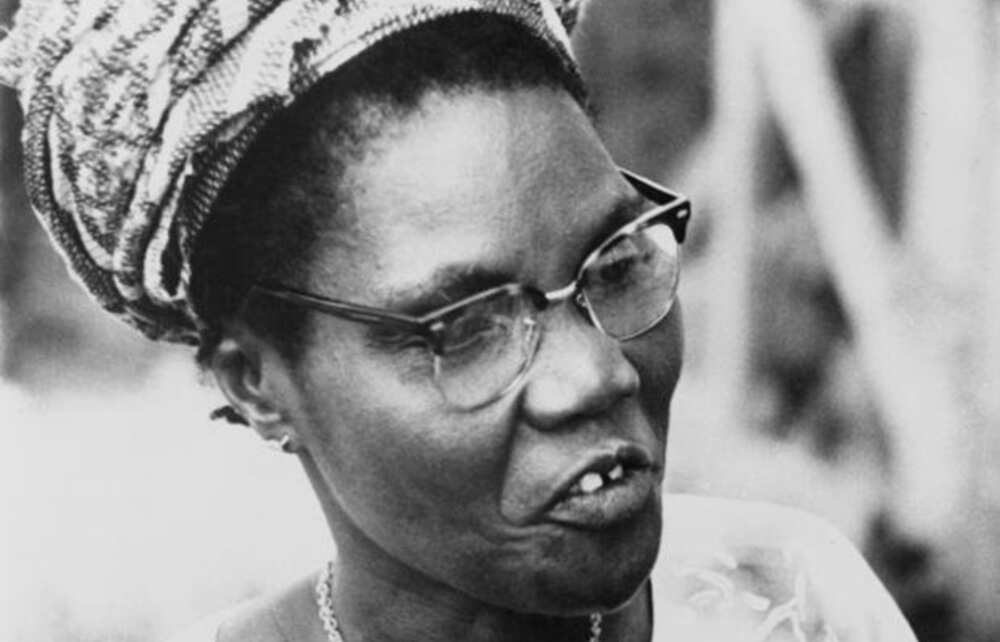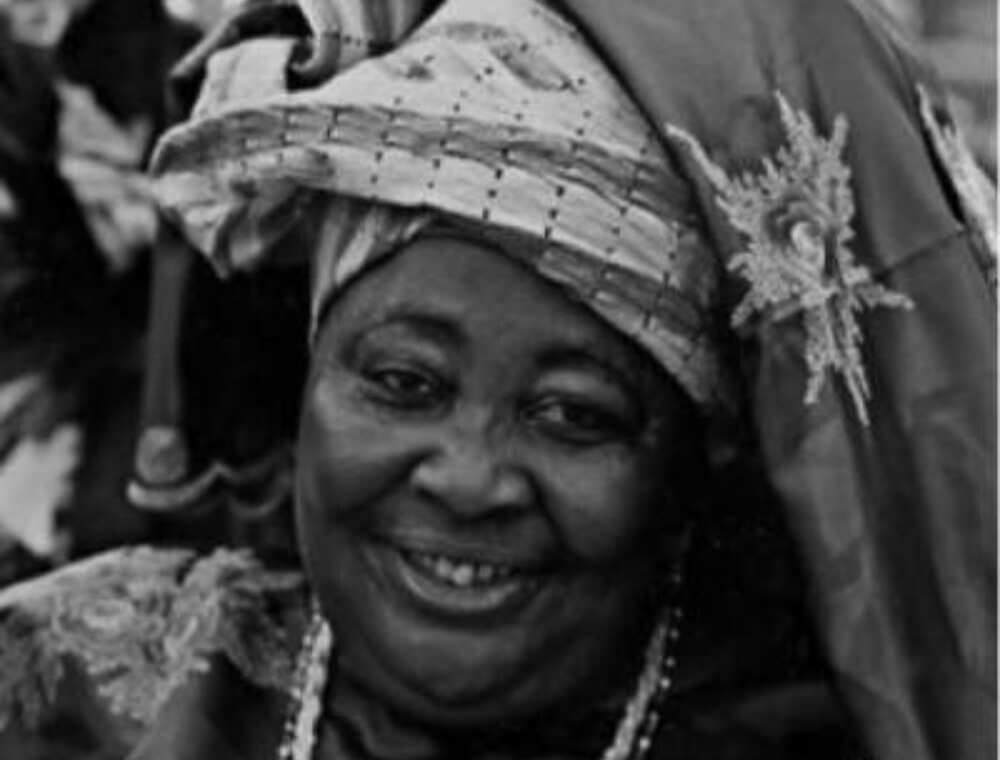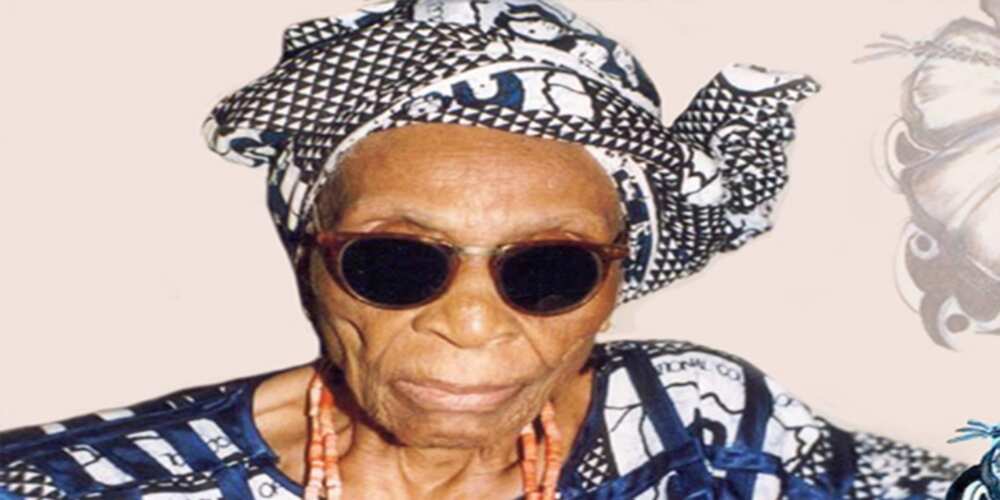As Nigerians celebrate the country’s 60 years independence on October 1, it is important to talk about three women who were part of those that led the movement for this independence. These women were not the only females that fought for self rule, but this article is focused on them.
1. Funmilayo Ransome-Kuti Funmilayo Ransome-Kuti, who was nicknamed Lioness of Lisabi, was a teacher by profession.

She founded the Nigerian Women Societies in 1953 and championed women’s rights in the years leading to Nigeria’s independence.
Ransome-Kuti, who was one of the first Nigerian women to form political parties, became an inspiration to a lot of women during her lifetime. She was one of the delegates who negotiated Nigeria’s independence from Britain. She was born on October 25, 1900, and died on April 13, 1978.
2. Hajia Gambo Sawaba Hajia Gambo Sawaba, who was born to a Ghanaian father and Nupe mother on February 15, 1933, became politically active at the age of 17.

Being a victim of child marriage herself, The Guardian reports that she used her membership of the Northern Elements Progressive Union (NEPU) to campaign against child marriages.
Hajia Sawaba also campaigned against forced labour and also advocated for Western education. She died in October 2001.
3. Margaret Ekpo Margaret Ekpo was born in 1914. She formed the Aba Township Women’s Association in 1954, a year after she was nominated to the regional House of Chiefs by the National Council of Nigeria and the Cameroons (NCNC).

She was elected into the Eastern Region parliament between 1961 and 1965. She died on September 21, 2006.
In other news, a religious group has commenced a prayer and fasting session for Nigeria and President Muhammadu Buhari ahead of the nation’s 60th independence anniversary.
Read Also: Nigeria At 59: “How Many Are Willing To Die For The Nigerians Course? – Anambra State HOA Member
Members of the National Inter-Faith and Religious Organization for Peace (NIFROP) who convened at the Unity Fountain in Abuja to pray for the president described October 1st as a “day of covenant”.
The group members, all clerics also said the prayer and fasting session was planned to mark the end of colonial rule in Nigeria.
Post Disclaimer
The opinions, beliefs and viewpoints expressed by the author and forum participants on this website do not necessarily reflect the opinions, beliefs and viewpoints of Anaedo Online or official policies of the Anaedo Online.

